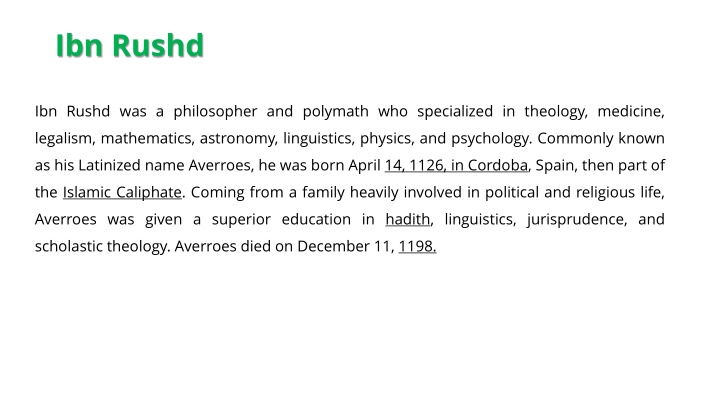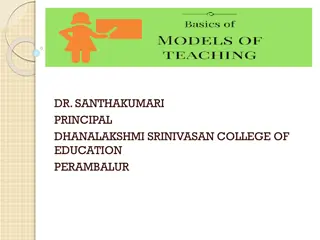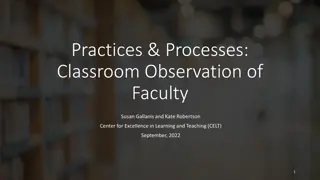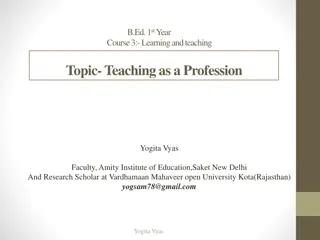
Ibn Rushd (Averroes) - Philosopher and Polymath
Ibn Rushd, commonly known as Averroes, was a philosopher and polymath born in 1126 in Cordoba, Spain. He specialized in various fields such as theology, medicine, mathematics, astronomy, and more. Averroes expanded on philosophical ideas, emphasized rational logic, and believed in the compatibility of Islam and philosophy. He advocated for a philosopher-king and explored the role of philosophy in legal reasoning and religious interpretation.
Download Presentation

Please find below an Image/Link to download the presentation.
The content on the website is provided AS IS for your information and personal use only. It may not be sold, licensed, or shared on other websites without obtaining consent from the author. If you encounter any issues during the download, it is possible that the publisher has removed the file from their server.
You are allowed to download the files provided on this website for personal or commercial use, subject to the condition that they are used lawfully. All files are the property of their respective owners.
The content on the website is provided AS IS for your information and personal use only. It may not be sold, licensed, or shared on other websites without obtaining consent from the author.
E N D
Presentation Transcript
Ibn Rushd Ibn Rushd was a philosopher and polymath who specialized in theology, medicine, legalism, mathematics, astronomy, linguistics, physics, and psychology. Commonly known as his Latinized name Averroes, he was born April 14, 1126, in Cordoba, Spain, then part of the Islamic Caliphate. Coming from a family heavily involved in political and religious life, Averroes was given a superior education in hadith, linguistics, jurisprudence, and scholastic theology. Averroes died on December 11, 1198.
Averroes' Philosophy What Averroes did is greatly expand upon the philosophical ideas made by prior thinkers and provide his own insights as well. In addition to translating Aristotelian concepts, he was a proponent of Aristotle's methods which emphasized rational, deductive logic when analyzing. In Averroes' eyes, "Knowledge is the conformity of the object and the intellect." Averroes also contended Islam and philosophy were not necessarily contradictory to each other. They instead were both different methods of finding truth.
In advocating a philosopher-king, believing a wise ruler rich in knowledge would provide the ideal society for all. terms of politics, Averroes agreed with Plato in
Religion Disagreeing with the dogma of the Sufi, Asharite, and Mutazilite Islamic sects, whom he labeled "literalists", Averroes believed God had "providence" and was "from invention." God's providence could be observed in the fact that the world and universe were finely tuned to support humanity and that God created ecosystems such as rivers and oceans along with the sun to support humans. Plants and animals were, likewise, invention by God. In legal reasoning, Averroes adhered to Islamic law but also considered interpretational differences as inevitable. According to him, philosophy is a tool that can reconcile these differences. Ultimately, philosophers were essential in resolving the legal dispute under Islamic law.






















